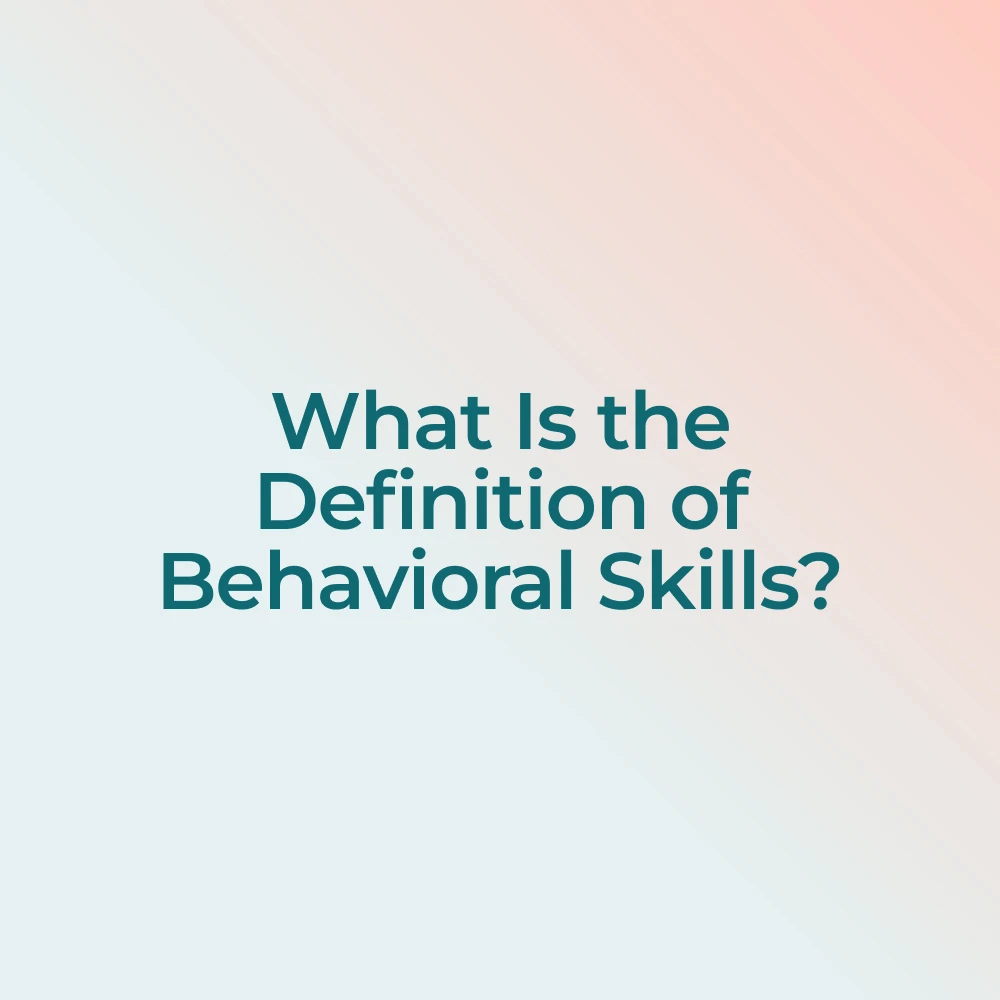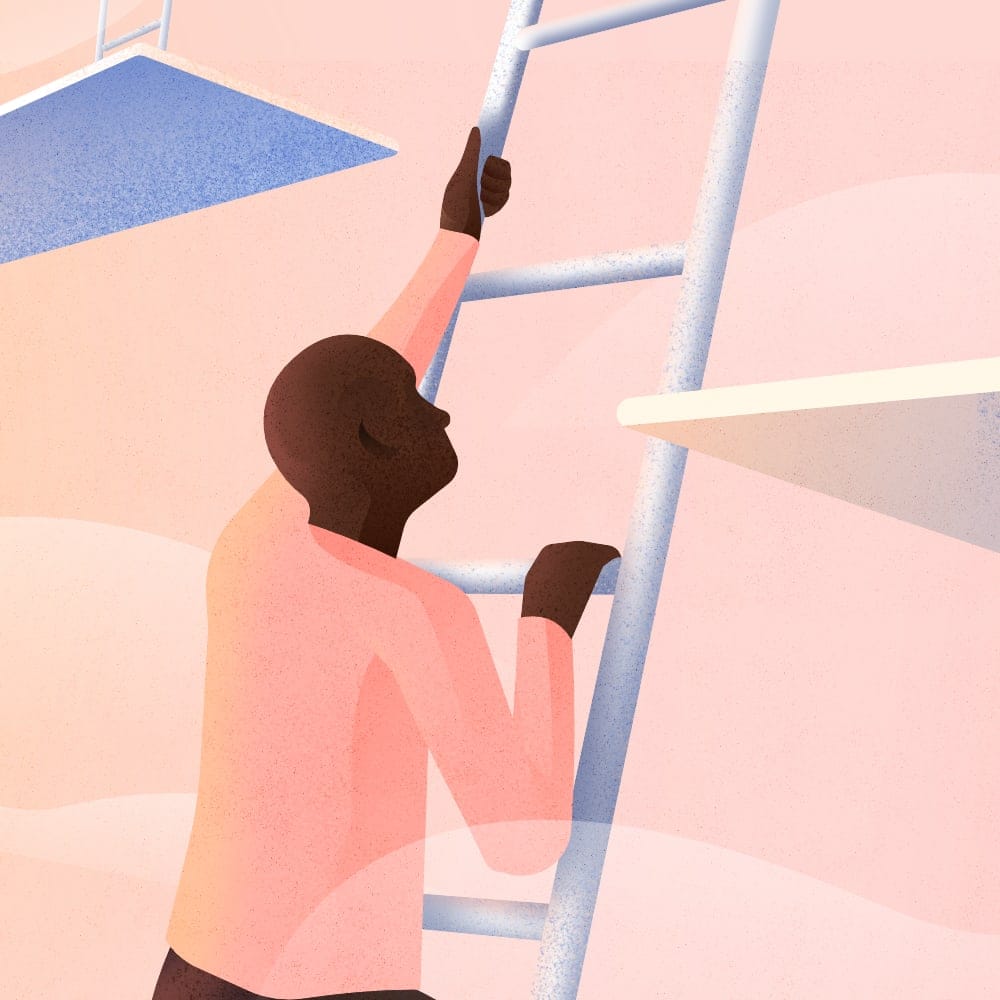Soft skills, also known as behavioral competencies, refer to the sum total of attitudes and behaviors that a person adopts on a daily basis in the course of their work.
What Are Some Examples of Soft Skills?
Several types of soft skills are coveted on the job market, such as:
- Adaptability
- Communication skills
- Organizational skills
- Emotional intelligence
- Collaboration
- Leadership skills
- Creativity
- Innovation
- Problem-solving skills
- Work ethic
- Thoroughness
- Professionalism
What Is the Difference Between Soft Skills and Hard Skills?
Soft skills refer to the behavioral and interpersonal aptitudes of a person. They can therefore vary greatly from one person to another. They determine what kind of worker a person will be.
Hard skills refer to the technical knowledge and skills possessed by employees. Some of these skills are essential for a job, such as knowing tax law or how to drive a tractor-trailer.
How to Develop Soft Skills?
The soft skills of a person can be developed in a number of ways. The most common ways include:
- Being open to feedback and learning from it
- Communicating more often
- Working more often in a team
- Getting out of one’s comfort zone
- Introspection
- Observing peers








